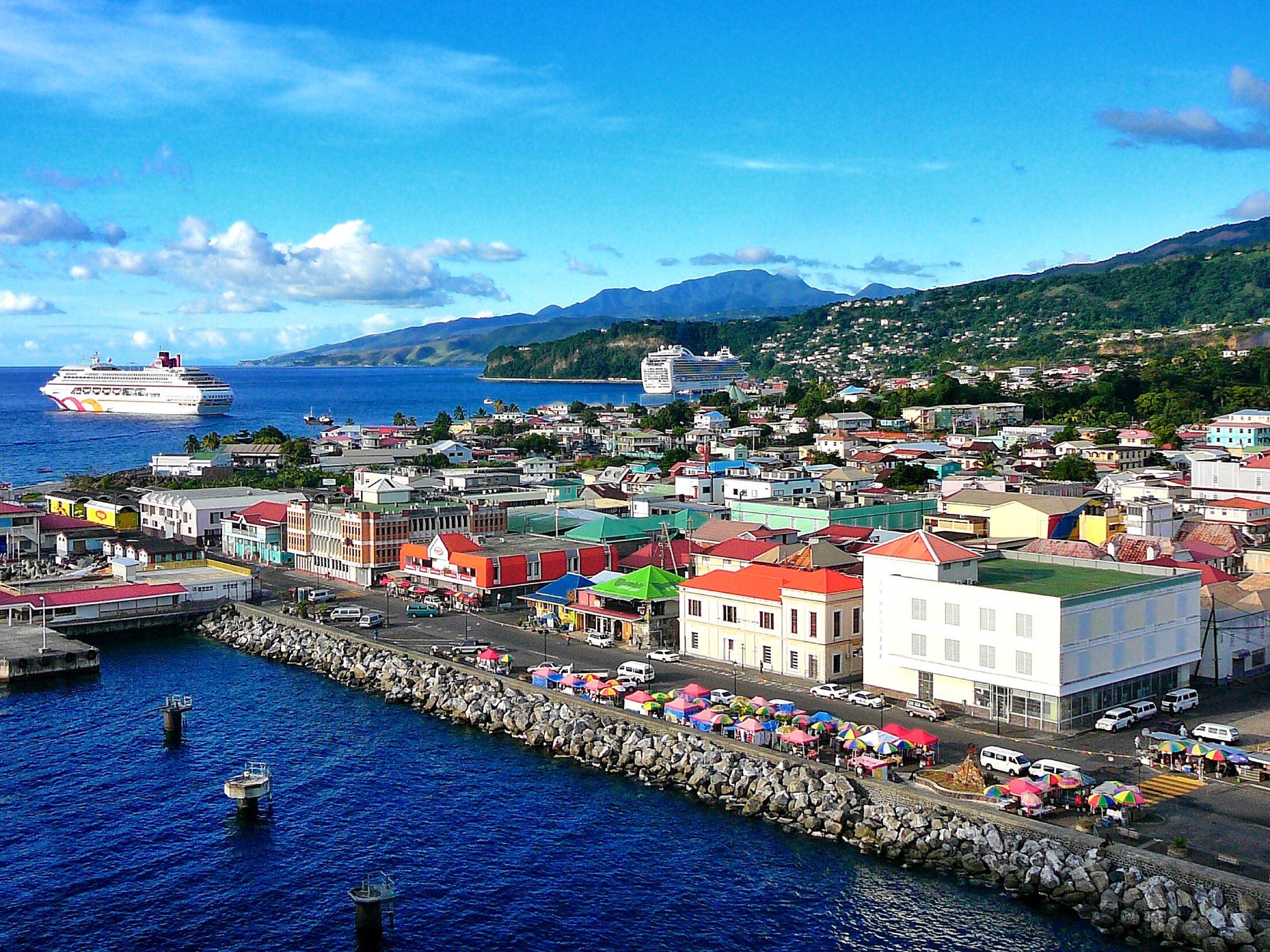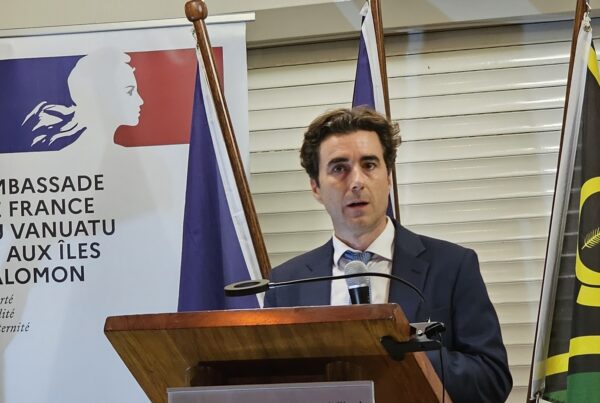By Jennifer Rankin
EU finance ministers have removed Anguilla, Dominica and Seychelles from the bloc’s blacklist of tax havens, ignoring critics in the European parliament who described the move as wrong and “grotesque” after the Pandora papersrevelations.
Meeting in Luxembourg on Tuesday, the bloc’s 27 finance ministers approved a decision to remove the three jurisdictions, saying that while they “do not yet comply with all international tax standards”, they “have committed to implementing tax good-governance principles”.
The EU tax-haven list, created in 2017 to clamp down on tax avoidance and tax evasion, now has nine jurisdictions blacklisted as “non-cooperative”: American Samoa, Fiji, Guam, Palau, Panama, Samoa, Trinidad and Tobago, US Virgin Islands, and Vanuatu.
“The EU is shutting its eyes to real tax havens while considering blacklisting poor countries who do not sign up to the imminent global tax agreement,” Oxfam’s EU tax expert, Chiara Putaturo, said. “Today’s decision to delist Anguilla, the only remaining jurisdiction with a 0% tax rate, and the Seychelles, which are at the heart of the latest tax scandal, renders the EU’s blacklist a joke.
“While the Pandora papers investigation blew the lid on how the super-rich continue to use tax havens to avoid paying their taxes, ordinary people are asked to foot the Covid-19 recovery bill.”
MEPs across the political spectrum have also criticised the EU blacklist for leaving out major tax havens. Ahead of the decision, the German Green MEP Sven Giegold said that removing the three jurisdictions was “grotesque”.
The Pandora papers should be a wake-up call, Giegold added. “The Pandora papers show that the advances in international tax cooperation are not enough,” he said. “The global minimum tax only applies to large corporations, but not to the letterbox companies of the wealthy and corrupt. We need full international transparency about the real owners of letterbox companies and real estate.”
Prior to the vast data leak, EU officials had begun discussions on whether to overhaul the criteria that determines which countries feature on the blacklist. Meanwhile, the European Commission has promised new legal proposals to crack down on shell companies before the end of the year.
The Pandora papers exposé has touched two serving EU leaders, the Cypriot president, Nicos Anastasiades, and the Czech prime minister, Andrej Babiš, who served as his country’s finance minister. Neither man is accused of doing anything illegal.
Also in the firing line is Dutch finance minister Wopke Hoekstra, who invested €26,500 (£22,620) in the British Virgin Islands, an action that was not illegal, but has raised questions about his judgment. He sold his shareholding the week before he became finance minister in 2017 and told Dutch media he had given the profits to charity.
For critics, the Pandora papers highlight problems with the union’s tax blacklist.
MEPs and activists have criticised the exclusion of other low-tax jurisdictions, including the British Virgin Islands, which features in the Pandora papers, but is not on the EU blacklist.
“Some of the world’s most notorious tax havens are not even listed by the EU and tomorrow EU finance ministers are set to let even more off the hook,” said French Socialist MEP Aurore Lalucq, who has drafted a resolution calling for a crackdown on tax havens, which MEPs will vote on this Thursday. “Sadly, the countries that remain blacklisted do not represent the most important financial flows.”
“We need to know exactly who is asking for what in the council, especially if some ministers are involved in tax evasion scandal,” she added.
German MEP Markus Ferber, who is the European People’s party spokesman on economic affairs, said the revelations showed the EU blacklist had no teeth.
“The Pandora papers show once more that the fight against tax havens and letter box companies is only making limited progress,” he said. “The current approach of exchanging nicely worded letters simply doesn’t cut it. We need to reset the EU blacklist and make sure that it contains all the usual suspects and come up with sanctions that are an effective deterrent.”
The European parliament has no say in approving the blacklist, as EU ministers zealously guard their sole competence over EU lawmaking on taxation.
Responding to criticism of the blacklist, Paolo Gentiloni, the EU commissioner for the economy, said: “Is this working as it should? Well, of course, not completely because we all know that … tax havens are always looking for and finding new ways [to operate], but in principle I think this is the way to follow, to put pressure and use the leverage to impose changes.”
Slovenia’s finance minister, Andrej Šircelj, who chaired the meeting, struck a more fatalistic note about the EU’s ability to compel non-EU jurisdictions to be transparent on tax. “Sometimes it’s very difficult to avoid these tax systems, because they … don’t want to recognise and adopt … international regulations, international rules.”
Gentiloni described the Pandora papers as very important and promised an EU proposal to tackle shell companies before the end of the year.





